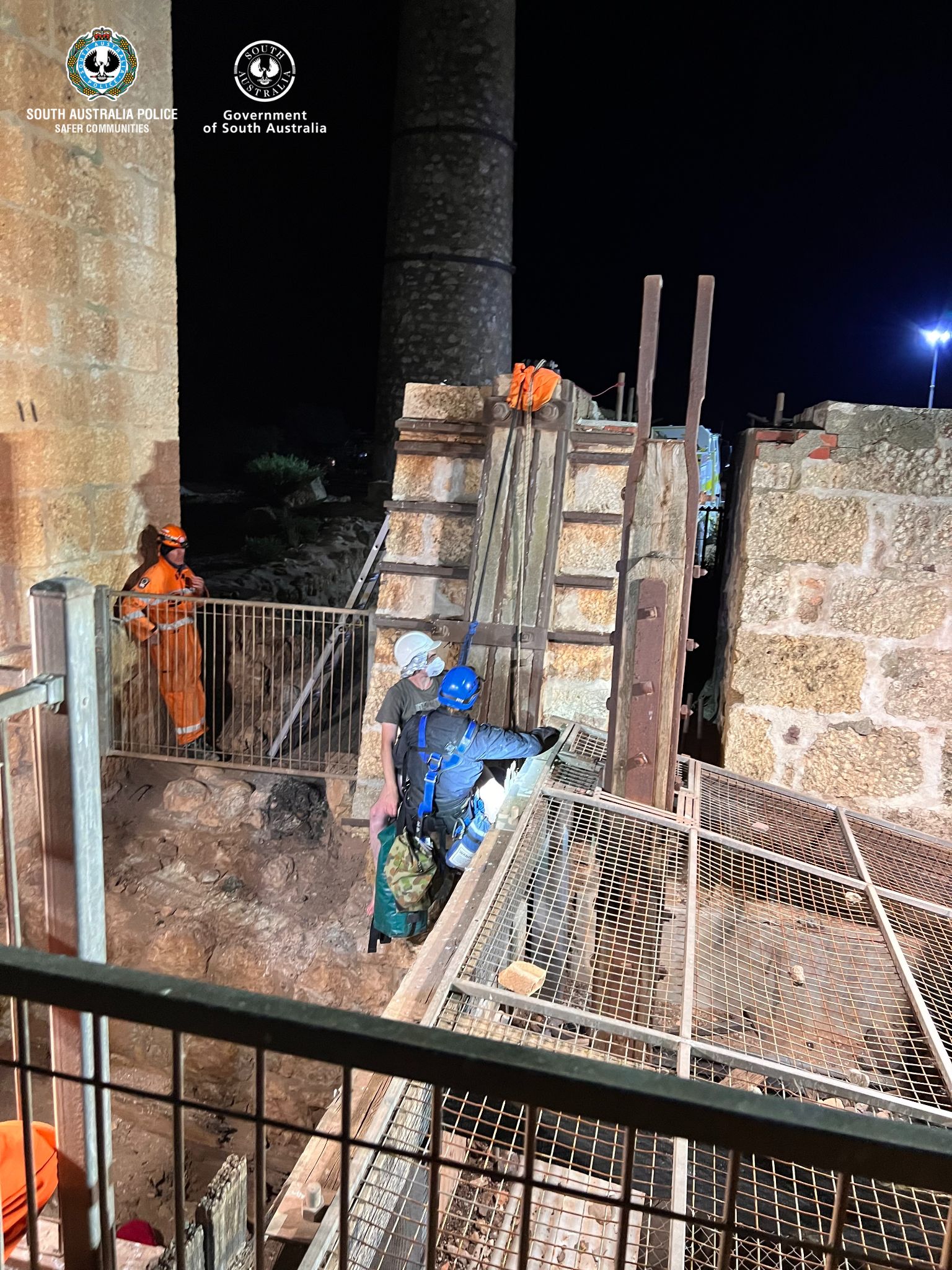The Murray-Darling Basin Plan (Plan) is a compromise agreement that was endorsed by the states after a protracted consultation and negotiation phase.
The National Farmers’ Federation (NFF) doesn’t particularly love the Plan. It never has. This plan was done to us, not with us. Nevertheless, we have pragmatically and absolutely recognised that it should be implemented in order to give certainty to the communities affected by its implementation.
It is fair to say that the Plan has changed over time – some changes have been good and others more regressive. Our approach is to always put the needs of our farmer members and agriculture first. We will therefore be upfront in calling for changes to the Plan which support agriculture and opposing those things which threaten our industry’s existence.

We recognise the need to rebalance water allocation in the
Murray-Darling, but we also believe that we have to balance the environmental
and consumptive needs of those impacted. This is the intent of the Plan. It
does this by balancing economic, social and environmental outcomes. Let’s not
forget that the Plan has recovered over 2100 gigalitres (GL) for the
environment to date at significant cost to farming communities. That water would
not have otherwise been returned to the environment.
The current debate on the future of the Plan creates further
uncertainty that adds to the pernicious effects of a harsh drought. The drought
is exacerbating inflows into the system, now at record lows, and making
planning for the future needs of agriculture and the environment increasingly
difficult.
There are a number of other related issues currently being
progressed including further implementation of metering requirements and
finalisation of water sharing plans. There is consistent and substantial
progress being made to implement the Plan despite the commentary of the
ill-informed naysayers who all too often live outside the Basin itself.
There are some core issues in the current debate worthy of comment:
- A raft of investigations into the implementation
of the Plan must be given an opportunity to be actioned before the otherwise
extreme option of a Royal Commission is pursued. We welcome the recently
announced independent assessment of the social and economic impacts in the
Basin, as recommended by the Productivity Commission five-yearly review.
- There is legislation before Parliament to remove the 1500GL buybacks cap from the Water Act 2007. There has been a parliamentary inquiry into this issue and it has recommended that the amendment not be made. Such an amendment flagrantly ignores the irreversible hardship buyback causes to irrigation communities, undermines confidence and certainty in the Plan, and cuts across other important recovery measures which are still being implemented.
- There are 36 projects currently being implemented to generate environmental benefits of an additional 605GL of water. Robust business cases in support of each project’s ability to deliver efficiencies must be demanded to give confidence to the community inside and outside the basin that each project stacks up.
- We must also recognise the physical capability of the system to deliver water where it needs to be delivered. Recognising the impediments of the Barmah Choke, for example, is critical to the delivery of the Plan. At present, the Choke is operating well above capacity and causing significant environmental distress to the adjacent areas. However, removing these constraints requires substantial areas of private land to be flooded by managed environmental water releases. We need to know if governments intend to compensate farmers appropriately, and what action will be taken if farmers refuse compensation offers.
- These projects will recover water for the environment to be used as efficiently as possible. One of the starkest examples is the limits that exist in transferring water down the Murray where the Barmah Choke only allows a certain amount to be transferred. It has run at, or near, capacity for around six months.
- Finally, in late 2018, the Murray-Darling Basin Ministerial Council historically agreed to a mechanism to apply the 450 GL of efficiency measures to ensure that they do not create negative socio-economic impacts to individuals or basin communities. Bipartisan support for this historic change is now under threat. NFF continues to support the ‘triple bottom line’ trigger for these projects.
The implementation of the Plan must focus on real social, economic and environmental outcomes, for all in the basin. It must not be driven by bare water recovery targets that have very little to do with real, measurable environmental outcomes. The questions raised over the use of environmental water can be better understood by robust measurement and evaluation.

The Productivity Commission report contains recommendations to improve the implementation of the Plan. Calmness by current and future governments (and other political players) is required to ensure a robust partnership between the Commonwealth, States and communities so seriously impacted by the Plan. Political posturing by Commonwealth politicians will achieve nothing and, at worst will result in , further damage to the environment and to farming communities.
Federal leadership is for the whole basin, in all jurisdictions, and for all colours, as is a sensible assessment from stakeholders of what the best pathway to the resolution of issues is.
This article was first seen in The Australian newspaper 1 May 2019.







